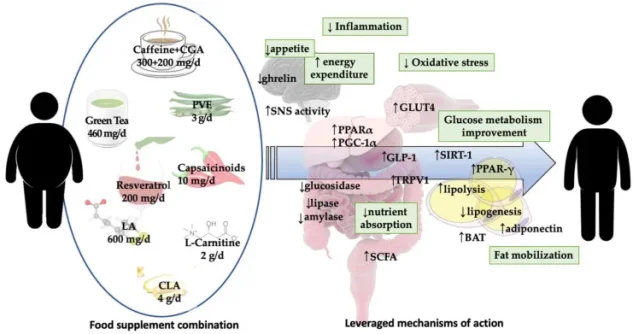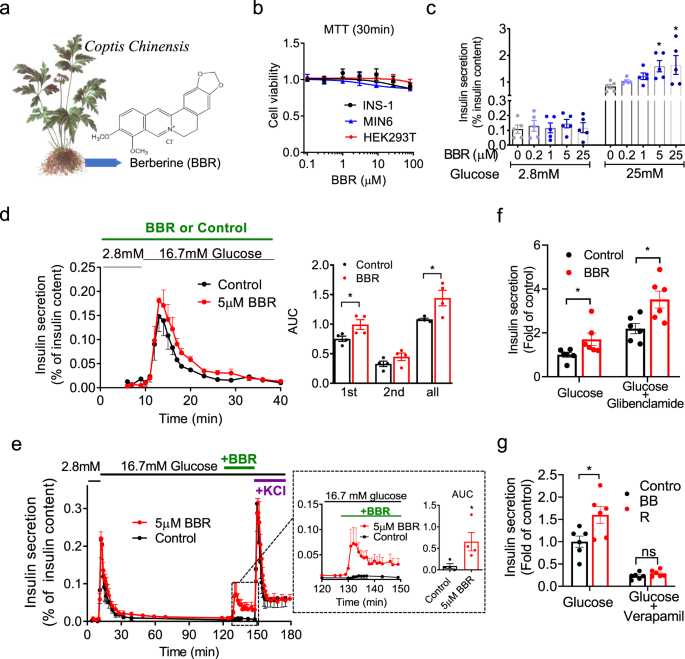We have good data on decrease in visceral fat:
Growth hormone (GH) has a significant impact on visceral fat, which is the fat stored within the abdominal cavity and is associated with various health risks. Here's a detailed look at how GH affects visceral fat:
## Effects of Growth Hormone on Visceral Fat
1. **Reduction in Visceral Fat**: Growth hormone therapy has been shown to reduce visceral adipose tissue (VAT). This reduction is achieved through the hormone's ability to enhance lipolysis, which is the breakdown of fats, leading to a decrease in fat mass, particularly in the visceral region[1][3][9].
2. **Mechanism of Action**: GH promotes lipolysis by increasing hormone-sensitive lipase activity, which breaks down stored triglycerides into free fatty acids and glycerol. This process is particularly effective in visceral fat depots, making GH a potential treatment for reducing visceral adiposity[8].
3. **Impact on Metabolic Health**: By reducing visceral fat, GH therapy can improve metabolic profiles. This includes ameliorating dyslipidemia (abnormal lipid levels), reducing systemic inflammation, and decreasing cardiovascular risk markers[1][2][4].
4. **GH Deficiency and Visceral Fat**: Individuals with GH deficiency often exhibit increased visceral fat accumulation. GH replacement therapy in these individuals has been shown to decrease visceral adiposity, improve muscle mass, and enhance overall body composition[9][10].
5. **Clinical Studies**: Several studies have demonstrated the efficacy of GH in reducing visceral fat. For example, a study involving HIV-infected individuals showed significant reductions in visceral fat following treatment with recombinant human growth hormone (rHGH)[5]. Another study in middle-aged men with visceral obesity reported an 8.8% reduction in visceral adiposity after six months of GH therapy[10].
6. **Long-term Efficacy and Safety**: While GH therapy shows promise in reducing visceral fat, the long-term efficacy and safety of such treatment require further investigation. Concerns include the potential for insulin resistance and other side effects associated with GH therapy[5][10].
In summary, growth hormone plays a crucial role in regulating visceral fat by promoting lipolysis and improving metabolic health. However, while GH therapy can effectively reduce visceral adiposity, its use must be carefully managed to avoid adverse effects. Further research is needed to fully understand the long-term implications and optimal dosing strategies for GH therapy in reducing visceral fat.
Citations:
[1]
Effects of Growth Hormone Releasing Hormone on Visceral Fat, Metabolic and Cardiovascular Indices in Human Studies
[2]
Effects of growth hormone-releasing hormone on visceral fat, metabolic, and cardiovascular indices in human studies - PubMed
[3]
Effects of growth hormone treatment on visceral adipose tissue
[4]
https://onlinelibrary.wiley.com/doi/full/10.1038/oby.2003.27
[5]
Recombinant human growth hormone reduces visceral fat in two randomised studies
[6]
The Truth About HGH for Weight Loss
[7]
https://journals.sagepub.com/doi/10.1177/1178626417703995
[8]
The effects of growth hormone on adipose tissue: old observations, new mechanisms
[9]
Growth Hormone Decreases Visceral Fat and Improves Cardiovascular Risk Markers in Women with Hypopituitarism: A Randomized, Placebo-Controlled Study
[10]
Effect of Growth Hormone on Body Composition and Visceral Adiposity in Middle-Aged Men with Visceral Obesity
















